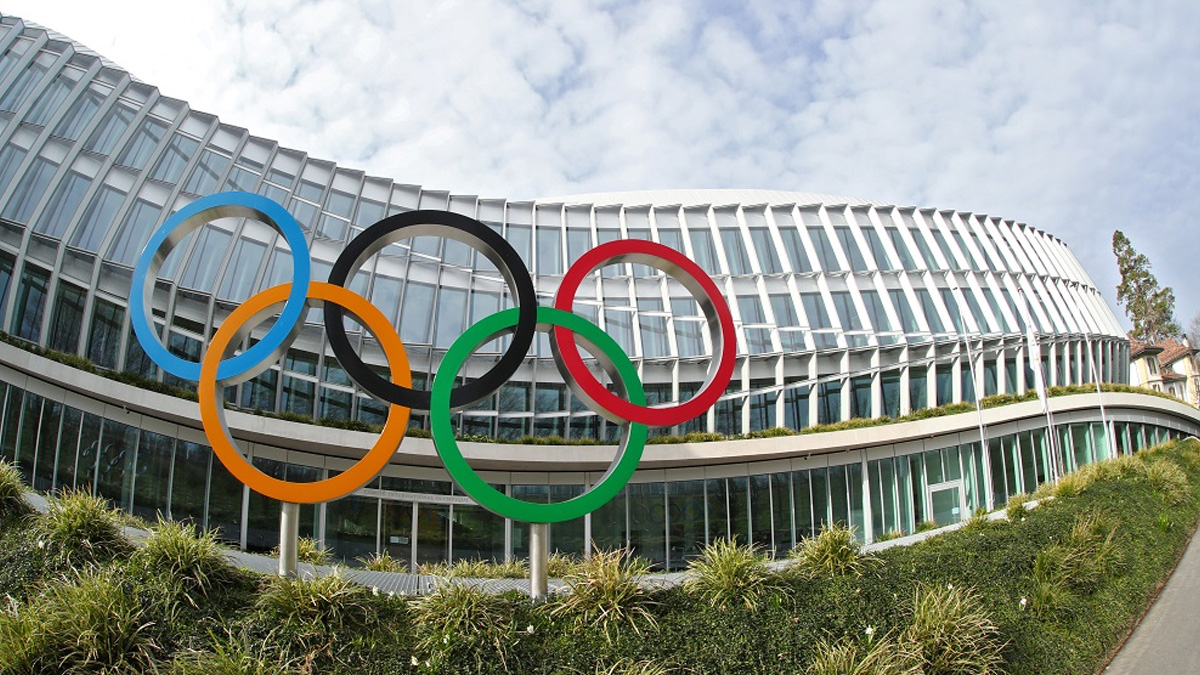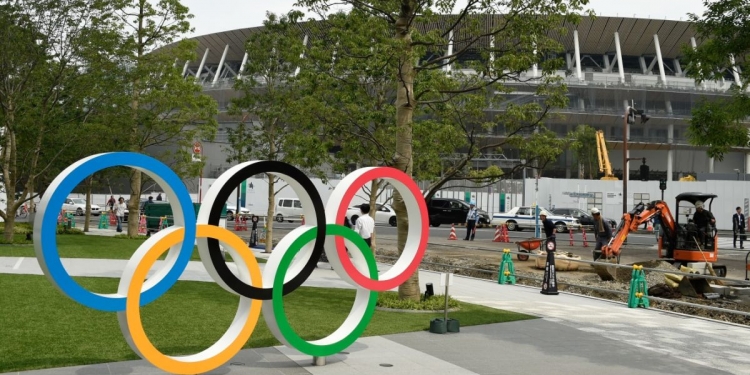Earlier, organisers of the upcoming Olympic Games announced that a decision regarding the Tokyo Olympics would be made within the next 4 months. This came after calls from multiple participating countries for the Games to be suspended in light of the COVID-19 pandemic—or worse, to be cancelled. These included Canada and Australia announcing that they wouldn’t be sending athletes to Tokyo for the Games, even if the organisers went ahead with the quadrennial sporting event.
But in a new statement, organisers have announced that the Tokyo Olympics will be postponed to “[no] later than summer 2021” due to “information provided by the WHO”. The Prime Minister of Japan, Shinzo Abe, the President of the International Olympic Committee (IOC), and other senior officials held a conference call to discuss the possibility of the postponement, and the agreement was that Tokyo 2020 would have to become Tokyo 2021.
A “Tokyo 2020” Olympics in 2021
The Olympic Games aren’t cancelled, merely postponed. And organisers say that the Games will happen by the summer of 2021, with the decision made to ” safeguard the health of the athletes, everybody involved in the Olympic Games and the international community.”
This means that Tokyo 2020 becomes the latest global event to be postponed/cancelled due to the COVID-19 pandemic. The number of confirmed infections continue to rise, with 378,292 cases now confirmed across 163 countries across the globe. Almost every country in the world has seen cases of the coronavirus, with Italy having the most cases of death from COVID-19.
The Games, even if it is held in 2021, will still be called the Olympic Games Tokyo 2020, with organisers and senior figures agreeing that the Games will serve as a “light at the end of the tunnel” for a world that is fighting the pandemic.
While there have been rumours of the Olympics being held in April to coincide with the bloom of the cherry blossoms that Japan is famous for, it seems likely that we will see Tokyo 2020 taking place in July of 2021—one year on from the original date—due to scheduling conflicts with other events. Additionally, the Paralympic Games will also be postponed, and retain 2020 in its name for next year.

Who blinked?
When the first announcement was made (that no decision had been made, cancellation not on the agenda), rumours abounded that the delay was caused by a stand-off between the Tokyo 2020 organisers and the IOC. The legal and financial ramifications from a postponement/cancellation would have been massive, and several parties opined that neither side wanted to be the one to pull the trigger.
But with pressure from Canada and Australia’s withdrawals, along with the chairman of the British Olympic Association sharing that Great Britain would join shortly (among others), it appears that the Games organisers simply were out of options. The joint statement from the IOC and the Tokyo 2020 Organising Committee does not explain this; instead, it appears that IOC President Bach and the Prime Minister of Japan made the decision jointly, along with other senior figures.
Regardless, the situation certainly calls for a postponement. We’ve already seen major sporting (and non-sporting) events around the world cancelled: the Mobile World Congress (MWC) 2020 in Barcelona, most major European football leagues, the NBA in the U.S.—the list goes on. And now, perhaps, the Olympics will truly serve as a light at the end of the tunnel, with the Director General of WHO sharing that the COVID-19 pandemic is “accelerating”.








